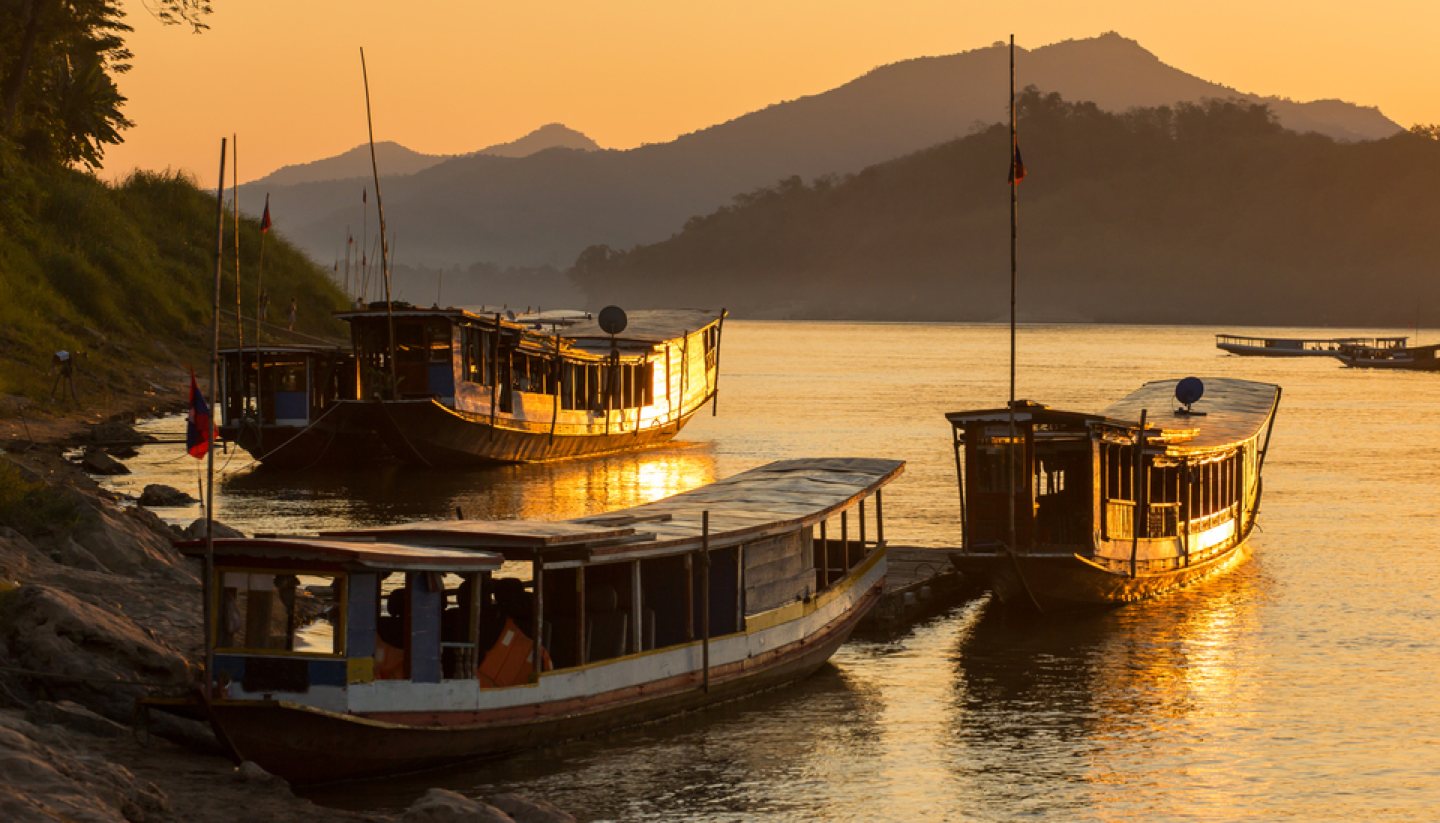Where to stay in Laos
Hotels
There are good hotels in Luang Prabang, Vang Vieng and Vientiane, but facilities are basic elsewhere with just a few exceptions. Local village hostels are available, but with few amenities, these are not really geared towards western tourists. One thing to bear in mind is the peak and low season periods. High season, which is from October to January means more booked-out hotels and higher prices. By contrast low-season - any date that falls outside of January to February – means more room for bargaining and less visitors. One especially impressive new opening is La Folie Lodge (www.lafolie-laos.com), a property owned by a French count, located on Don Daeng, an isolated island in the Mekong River in southern Laos. Ideal for a look at rural Laotian life and for enjoying perfect isolation in luxury.
Nowadays Laos has several five-star options and some fantastic boutique options. Luang Prabang has the highest concentration mainly due its UNESCO-listed setting and elegant colonial buildings. The Aman and Orient Express chains have hotels in Laos and several independent boutiques have opened, many of which are perfect for honeymooners and upscale visitors, offering world-class cuisine, cultural programmes and service of the highest standards.
Bed and breakfast
Guesthouses are common in areas frequented by tourists in Laos. There have been budget guesthouses for several years in traveller hubs, and mid-level range guesthouses are now mushrooming across the country. Lao guesthouses are often very busy during festivals – especially during the busy period of December to February and Lao New Year. The trick, as ever, is to book ahead.
Camping
Organised tent camping is available in Phou Khao Khouay National Protected Area and through major tour operators in Vang Vieng. Wild camping is also possible with your own gear, although for safety reasons this is obviously better done in a group. Simple bamboo forest camps are also a possibility. The Nam Ha Forest Camp in Luang Namtha's Nam Ha National Protected Area is a good option. There is also combination of rafting and camping expeditions available in Luang Prabang province. Additionally, Xe Pian National Protected Area offers short camping programmes from Kiet Ngong Village.
Other accomodation
Laos is eager to promote ecotourism and visitors can stay in specially constructed eco-lodges available around the country. These include lodges in Laopako, around 50km (31 miles) from Vientiane on the Nam Ngum River, the Boat Landing Guest House (www.theboatlanding.laopdr.com) in Luang Namtha province, the Kingfisher Lodge (www.kingfisherecolodge.com) in Champassak province and Kamu Lodge (www.kamulodge.com) a tented lodge upstream from Luang Prabang. For more information contact Ecotourism Laos (www.ecotourismlaos.com), part of the Lao National Tourism Authority. Several lodges have opened right on the river too which gives you the chance to explore river life and more rural settings.
Home stays are a relatively new phenomenon in Laos, but are an excellent way of immersing yourself in their way of life. By staying with a family you’ll quickly gain an appreciation for the challenges Lao people face, the work people engage in, the rural way of life and the feeling of family and community in the village - essentially what Laos is built on as a rural society.


